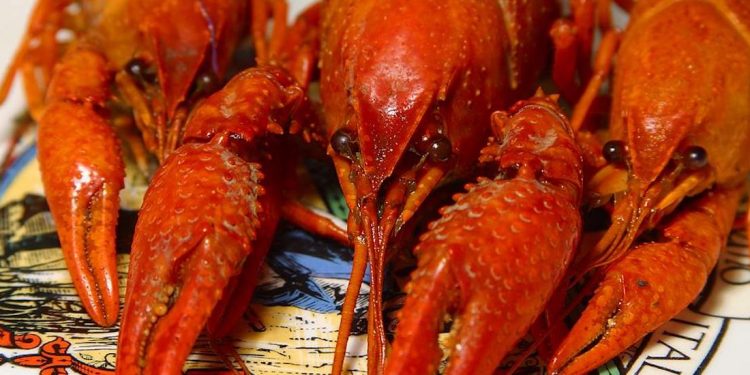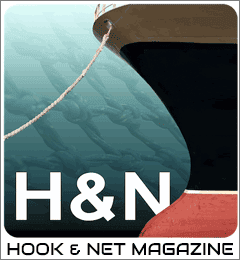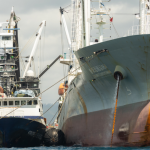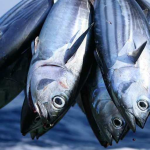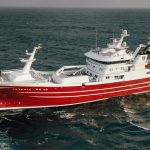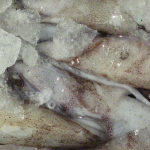A New Zealand commercial fishing company formerly owned by the Hawke’s Bay D’Esposito family has been banned from fishing for three years and fined $62,000 after failing to report more than 200 kilograms of crayfish.
Esplanade No.3 was sentenced following a reserved judgment released in the Wellington District Court after a lengthy investigation by the Ministry for Primary Industries (MPI).
Guilty pleas had been entered earlier to four representative charges, two of failing to keep or provide Catch Effort Landing Returns under the Fisheries Act and the Crimes Act, and two of making a false or misleading statement in Catch Effort Landing Returns, also under the Fisheries Act and the Crimes Act.
This follows a fine of more than $1 million against Hawkes Bay Seafoods and its personnel in February this year for the sustained under-reporting 27 tonnes of Bluenose.
In 1991, Nino and Joe D’Esposito and the companies they were directors of, Harbour Inn Seafood Export Limited and Harbour City Seafoods Limited, were collectively fined close to $1m for misreporting fish landings that included 574 tonnes of orange roughy.
These latest offences was detected after MPI began looking into the activities of the company in 2014. The ministry used specialised investigative techniques involving the use of an undercover officer to confirm that the skipper and crew of the Nimrod 1 were fishing illegally.
MPI manager of compliance investigations Gary Orr said it was discovered that crayfish were not reported on 36 fishing trips over a period of 10 months.
‘That added up to a total of 204 kilograms of unreported crayfish,’ he said. ‘This sort of illegal fishing activity is extremely disappointing. Accurate reporting of commercial catches is critical to maintaining the integrity of New Zealand’s Quota Management System. The data obtained is crucial to MPI’s assessment of the health of a fishery. Misreporting of commercial catches can undermine the ability of Fisheries New Zealand to ensure sustainable use of fisheries and the fixing of appropriate catch settings. Furthermore, the misreporting of catches may impact on the reputation of New Zealand’s fisheries management regime.’
Gary Orr commented that commercial fishing companies can’t avoid their responsibilities as a company and need to be actively monitoring the compliance of all staff.
‘This is a fishery that was scientifically assessed in 2016, finding that stock levels were 25% lower than desired with a projected further decline of 6% over the following four years. The unrecorded removal of fish had the potential to significantly impact the work being done by MPI and legitimate users of the resource to restore stock levels.’

